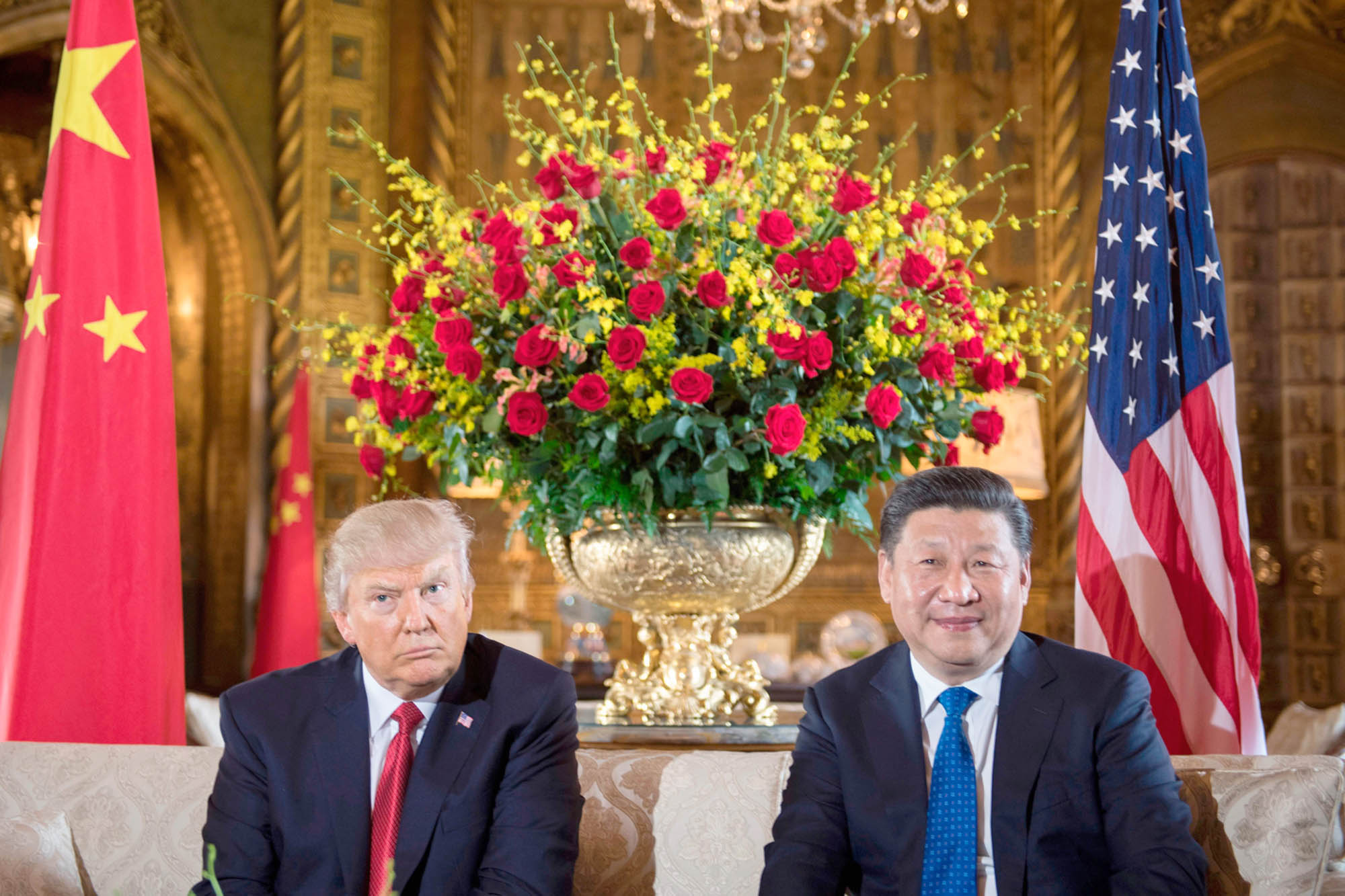Everything under heaven is in utter chaos; the situation is excellent. Mao Zedong
By Amjad Ali
The unpredictable behaviour of American President Donald Trump is generating distrust and suspicion in major corners of the world. The intransigent Trump in the recent G-7 meeting over trade tariffs and his subsequent threatening remarks against the leaders of the block shows that things are not well among the strongest allies.
Europe, Middle East, South Asia and Korean Peninsula are suffering because of America’s dubious and unrealistic policies. However, there has always been an opportunity in instability. The deteriorating global order is offering an unprecedented opportunity for Chinese President Xi Jinping to realise his global ambitions more vocally and enthusiastically.
In November 2012, while speaking at Tiananmen Square, President Xi conceptualised his idea of a revival of the Chinese nation. The multi-billion-dollar One Belt One Road (OBOR) project, initiated by President Xi Jinping in 2013, is a manifestation of China’s more proactive and assertive role in global politics. The great rejuvenation of the Chinese people is the strongest pillar of Xi’s Chinese dream, and he is willing to find a new role for Beijing in evolving global order.
He is consolidating power throughout the South Asian region to use it as a launching pad for his global ambitions. Simultaneously, Chinese military strategy 2015 envisages a policy of modernisation of its defence machinery, which underpins their commitment to translating economic might into military muscle flexing.
In fact, the 21st century is witnessing a new wave of events and new global actors out of the sphere of American dominance. After Trump administration’s policies towards NATO and Europe, there is a persistent resentment among European leaders against America. Both the allies are at loggerheads on trade tariffs too.
In addition, American Middle Eastern policy is in shambles, especially after Donald Trump’s visit to Saudi Arabia and the recent transfer of the American embassy to Jerusalem. Under the given circumstances, China is coming up with pragmatic foreign policy initiatives attracting all countries irrespective of their varying domestic political structures. China is not only trying to dethrone America but also rewriting the rules of the game through the manifestation of a great power’s psyche in policy decisions.
The great powers, to a considerable level, emerged out of systemic constraints. Their material capabilities urge them to behave differently than those of small powers, their population and territorial width necessitate a strong and resilient force, the foreign engagements compel them to enhance their outreach and maximise their potential to protect their global commitments and preserve established alliances.
The recent history of global powers’ engagements underscores the fact that rising power in the international system has ended up in a confrontation with hegemon in the system. Why did America intervene in the WW-I and WW-II, and involve itself in a protracted conflict with Russia during the Cold War?
The answer lies in its aspiration not to let any country single-handedly control any part of the world. If Germany and Russia were to emerge as major actors of Europe and Eurasia in first and second decades of the 20th century, it would have cast severe doubts on American status of a global policeman.
Since the dawn of the 21st century, the resurgence of Russian bear (Putinisation of Russian politics), Indian revisionism under the Modi regime, uncertain Europe after Brexit and possible rise of German nationalism are few of the major challenges haunting conception of global order and efforts for peaceful coexistence.
China is capitalising on all these changes and has brought few of the disgruntled power brokers on one page under global economic vision. In the recent past, fault lines between revisionist designs of China and unwillingness of America to lead the free world under liberal world order have got more blurred. The distance between the two is shrinking with every passing day. Trump also seems unwilling to uphold his global commitments and maintain his alliances throughout the globe.
In National Defence Strategy of 2018, US Department of Defence has labelled China and Russia even bigger threats than terrorism. The recent Sino-US trade war and Chinese military build-up on disputed islands despite American cautions shows a great power psyche in Beijing. China is no more willing to relinquish or to recede space to America. Rather, the unfolding events underscore the fact that China is resiliently committed to solidifying its global position.
The writer is an Islamabad-based attorney at law, teaching constitutional law and principles of political science at Quaid-e-Azam University (QAU).
‘Courtesy Daily Times’.


